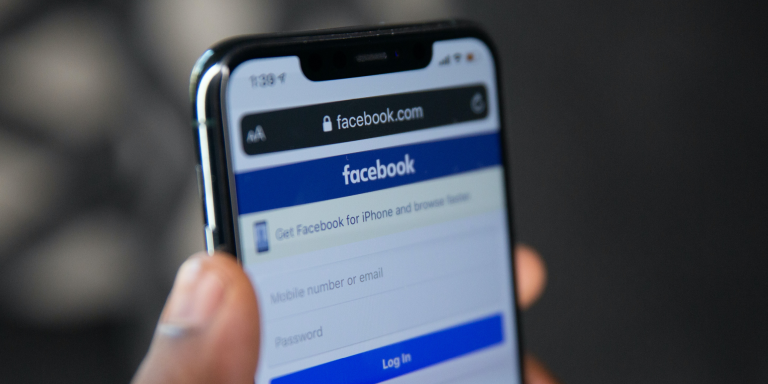
Facebook is definitely in the middle of the turmoil lately… The reputation of the company had already been tainted with the leaks concerning the name, age, phone number, identifiers of millions of users. The accusations, made by the whistleblower Frances Haugen, aiming to show that “Facebook prefers its profit rather than the security of its users”, have not helped, especially since the information on the files she provided (Facebook Files) are revealed as and when maintaining an unhealthy climate. This may have precipitated the decision to change the name of the parent company Facebook to META, an announcement made at the annual Facebook Connect conference, a virtual event due to the pandemic. By the end of 2021, Facebook announced it would abandon facial recognition.
One of the first announcements of the Meta group was therefore about the removal of the facial recognition system of Facebook:
“We are shutting down the facial recognition system on Facebook. People who have signed up will no longer be automatically recognized in photos and videos, and we will remove the individual facial recognition patterns of more than a billion people.”
If you go to Facebook and ask about facial recognition, the answer will be, “The Facial Recognition setting is no longer available and the experiences created by this setting have been disabled.”
For Meta, this is one of the most significant changes in facial recognition usage in the history of the technology, with more than a third of Facebook’s daily active users opting into this setting when they signed up. In addition to removing their facial recognition templates, people are no longer automatically notified when they appear in a photo posted by another person.
This decision also impacts Auto Alternative Text (AAT), which creates image descriptions for blind and visually impaired people that no longer include the names of people recognized in photos but otherwise function normally.
Jerome Pesenti, the company’s vice president of artificial intelligence at Meta, explained that facial recognition technology can be very useful in everyday life, if only to unlock a phone. On the other hand, Meta seems to have realized that this technology also raises “many concerns”, especially at a time when there is no clear legislation on its limits and prefers to limit its use. Jérôme Pesenti stressed:
“We need to weigh the positive use cases of facial recognition against the growing societal concerns, especially since regulators have not yet defined clear rules. Given the current uncertainty, we believe that limiting the use of facial recognition to a limited number of cases is appropriate.”
In 2020, IBM had already announced that it would no longer market facial recognition tools. Microsoft is no longer selling its technology to the police, and, to prevent the risk of discrimination, particularly among minorities, Amazon is banning the police from using its facial recognition software Rekognition.
Meta continues to develop its metaverse with the Deepface tool, which is a facial recognition tool. Meta spokesman Jason Grosse detailed in an official statement:
“Facial recognition is an approach we will continue to explore as we consider how our future computing platforms and devices can better meet people’s needs.”
Translated from Pourquoi Meta a décidé d’abandonner la reconnaissance faciale pour Facebook









